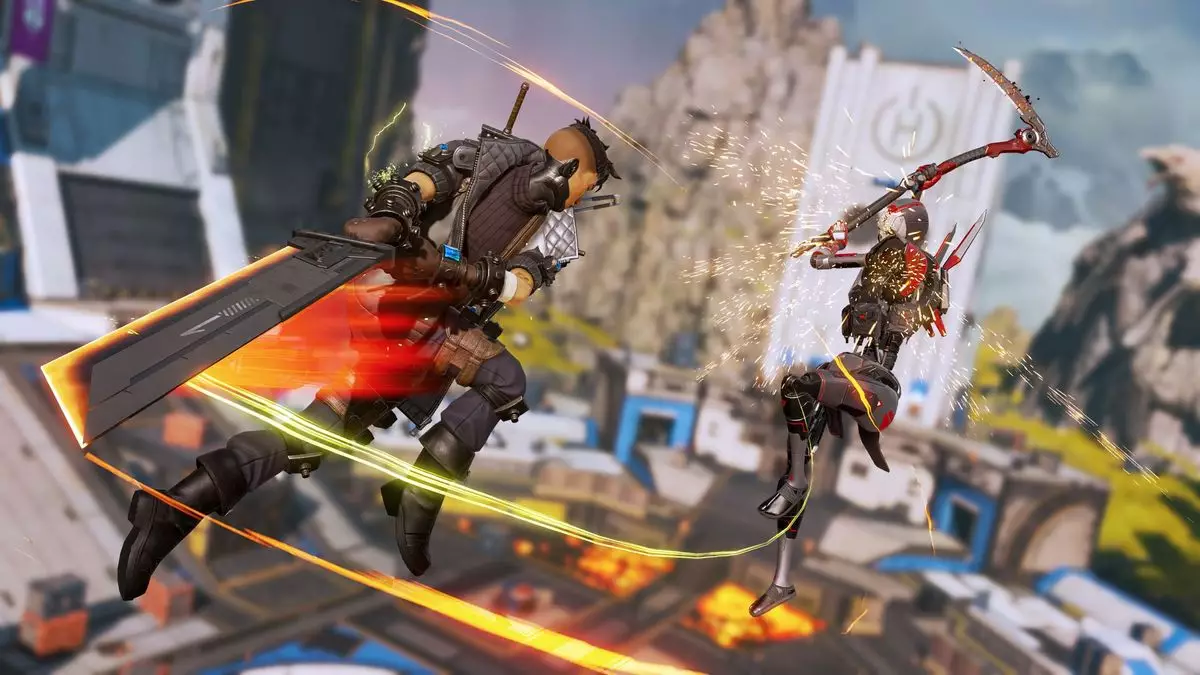In an era where live service games dominate the gaming landscape, the notion of launching a successor to an existing title can be deeply contentious. Recent comments from Andrew Wilson, the CEO of EA, illuminate this tension, specifically regarding the potential for Apex Legends 2. As players continue to invest their time and resources into the current ecosystem, the prospect of forcing them to start anew with a sequel raises significant concerns. Wilson’s remarks during the recent investor call suggest that the trend of creating “2.0” versions of popular games is often fraught with peril.
Wilson’s dismissal of an Apex Legends sequel underscores a shift in how game developers approach ongoing titles. Rather than simply rolling out an entirely new game, developers are increasingly focused on enhancing the experience of the current game. This approach aligns with the “live service” model, wherein games evolve through periodic updates and new content, rather than being replaced altogether. The examples of Overwatch 2 and Counter-Strike 2 illustrate the pitfalls of this approach—while they aimed to refresh the original games, they often left segments of the player community feeling neglected and frustrated.
The CEO’s stance reflects a strategic decision to prioritize player investment over superficial innovation. He pointed out that creating a variant of a game merely labeled as “version two” risks alienating the existing player base. The key takeaway from Wilson’s perspective is that innovation shouldn’t necessitate the abandonment of accrued progress or investments. Players should feel encouraged to continue their journey rather than be coerced into restarting it.
The voice of the community has proven crucial in shaping future development paths. The backlash against proposed changes to Apex Legends highlights the delicate balance that developers must maintain when considering new features or significant revisions to gameplay. Player feedback is not merely an afterthought; it is instrumental in guiding how games are adapted over time.
Moreover, the notion that Respawn could pivot its strategy to address community concerns demonstrates a vital evolution in the gaming industry. Developers are recognizing the power of criticism and the importance of forging a collaborative relationship with their player base to enhance the user experience. As Wilson noted, the team is actively exploring means of innovation, albeit one that harmonizes with the existing ecosystem rather than disrupting it.
The conversation surrounding Apex Legends serves as a crucial reminder of the importance of community trust and developer accountability. As the realities of gaming continue to evolve, the focus on regular, meaningful updates that respect player investment has taken center stage. The industry must navigate this intricate landscape if it hopes to retain its players and ensure long-term engagement.
For now, the absence of an Apex Legends 2 indicates a commitment to refining and enhancing the current experience rather than moving towards potentially divisive sequels. The overarching goal appears to be to create lasting engagement, allowing players to grow alongside the game rather than feeling collectively abandoned. The future looks bright for Apex Legends as it continues to adapt to the desires and needs of its player community without resorting to division or disruption.


Leave a Reply